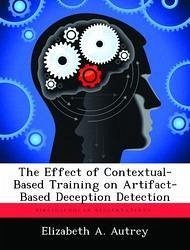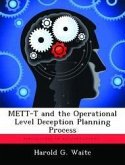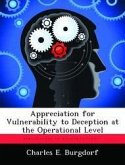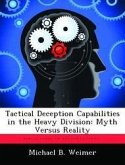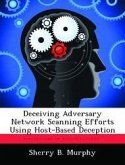Air Force dependence on information technology (IT) creates vulnerabilities that it cannot ignore. With global availability of commercial IT and the Internet, the Air Force does not necessarily have the high technological advantage over potential adversaries that it once had. Furthermore, it is possible to directly and covertly manipulate information within information systems, or artifacts, without notice. This directly affects decision makers since the availability and integrity of information is critical. Air Force physical and network security measures taken to protect its information do not guarantee detection of direct information manipulation. This leaves it to information artifact users to detect such deception. This thesis explores whether information artifact users can be trained in artifact based deception detection. Research in this area is lacking. This study attempted to apply the contextual-based principles of Information Manipulation Theory (IMT), a theory from interpersonal deception, to human-artifact deception. An experiment comparing differences in subject performance between two Command and Control computer simulations was conducted. A training program developed from IMT principles was applied between simulations. Results of the experiment were inconclusive. Lessons learned for future research suggest training programs in human artifact deception detection need to be both information system- and domain-specific.
Hinweis: Dieser Artikel kann nur an eine deutsche Lieferadresse ausgeliefert werden.
Hinweis: Dieser Artikel kann nur an eine deutsche Lieferadresse ausgeliefert werden.

